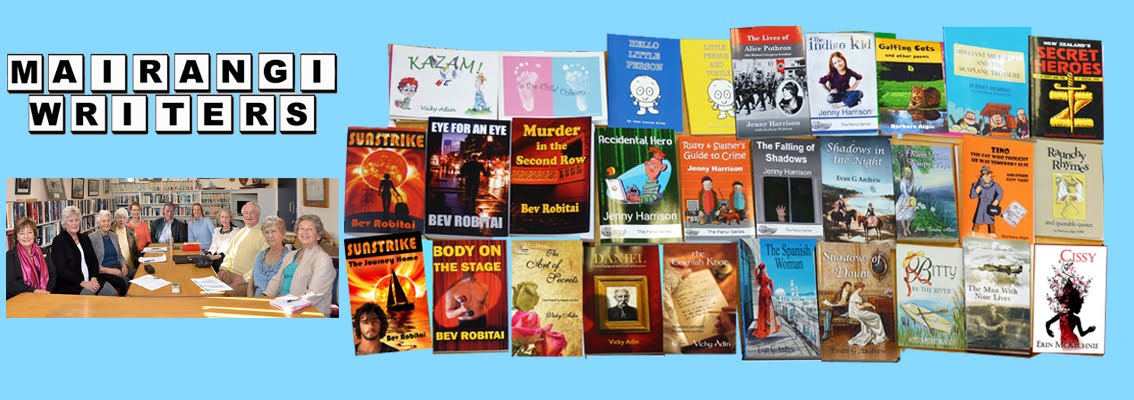Search This Blog
Friday, 3 May 2013
Shauna Bickley on writing to capture emotion.
Much of my 'day' work is in the area of learning and development. I've always been interested in how we learn, and what we can do to retain more of what we learn. That knowledge would have been useful when I took exams at school.
Here are a couple of learning tips I like because I also relate them to writing. Some of the links are tenuous, but that's how my brain works!
One thing that teachers have always known, and anyone sitting through a long PowerPoint presentation, is that we don't pay attention to boring things. Apparently research shows we check out after ten minutes. Believe me I've sat through some presentations and not even reached the ten-minute mark before my mind was somewhere else. On the positive side emotion helps the brain to learn. There are talks I heard 5+ years ago that I remember clearly, because the presenter used stories or created a talk rich in emotion.
How does this apply to writing. Boring is not going to cut it, especially in fiction. If you absolutely have to read a non-fiction book for a test or exam then you'll do it, but how much better if you can enjoy what you're reading. Non-fiction doesn't have to mean dry and boring, we can use stories and anecdotes to make information relevant and easier to remember.
In fiction if the story doesn't grab me I'll put the book down. What does hook us is emotion. What type of emotion? That depends on your genre. The emotion used for a horror book will be different to writing a romance - at least I'd hope so, though I enjoy a touch of humour added to most things.
We have short and long-term memory. Moving something from short-term to long-term memory works better if we can link it to relevant existing knowledge or memories. Retrieving a piece of information, such as a name or a memory, is much like searching for a book in a library - the better the storage system, the easier it is to retrieve what we want.
As you probably already knew, smell is very good at triggering memory.
How to use these things in writing. I watched the start of a mystery/thriller a few nights ago. A lone police officer turned up at an isolated house in a desert area. He walked around the house knocking on doors and windows, but couldn't get any answer. Up to that point it had been silent, but then came the sound of a single fly. Aha - there has to be a dead body. The viewer or reader links new information to current knowledge.
There is an informal agreement between the writer and the viewer/reader. This is basically that if we put emphasis on something, the reader will assume it is important. If the police officer had merely swatted the fly and driven off, I would be unhappy, as I expected more. If we name and describe a character the reader puts effort into remembering this person. Futile and annoying if the character is just delivering pizza and doesn't play any further role. As the quote goes, 'If you put a gun in the first act, then it should be fired in the second act.' In the case of the thriller, as the police officer approached the shed so the buzzing increased, as did the number of flies once he turned the corner.
Don't forget to use smell in your descriptions. I'm sure that became pertinent to the police officer as he got closer to the body. Smell is very evocative, and too often we spend a lot of time on visual descriptions and forget this very important sense. Likewise sound, the buzz of that single fly was a strong signal for what was to come
Now I just need to remember to apply all this. Simple!
Read more from Shauna on her blog here http://shaunabickley.blogspot.co.nz/
Subscribe to:
Post Comments (Atom)

No comments:
Post a Comment